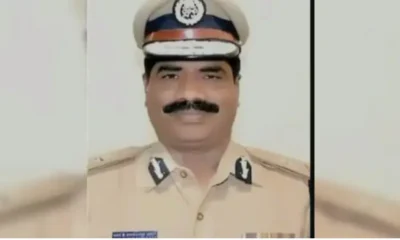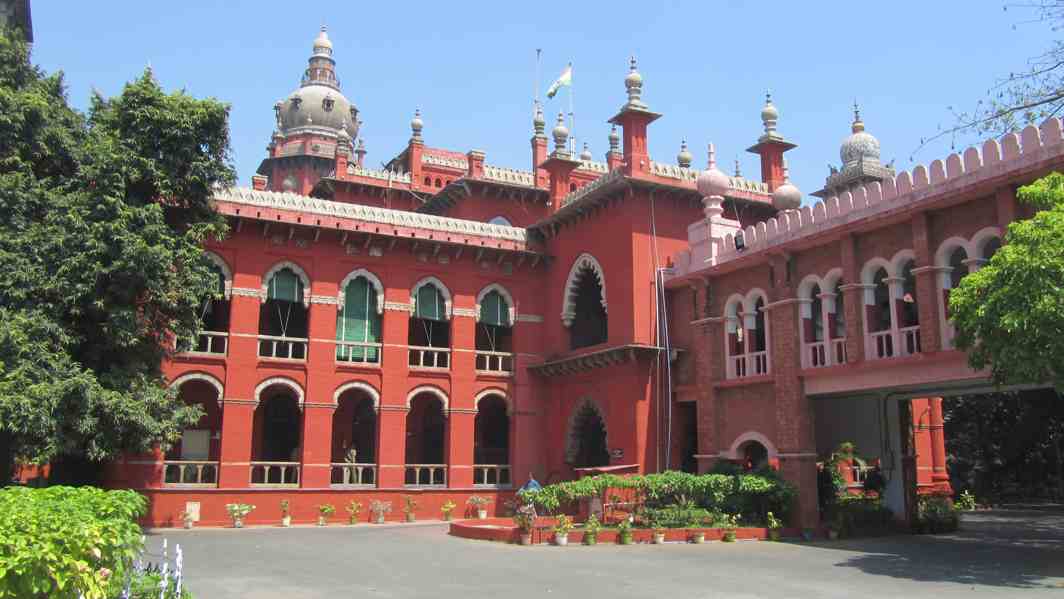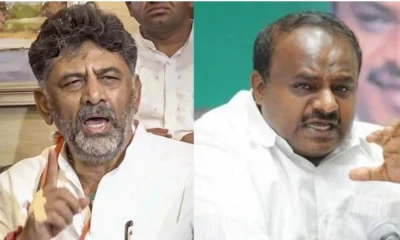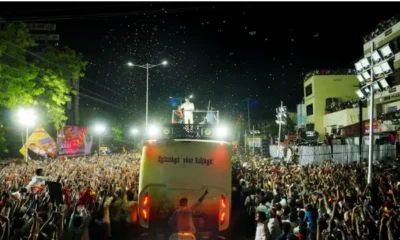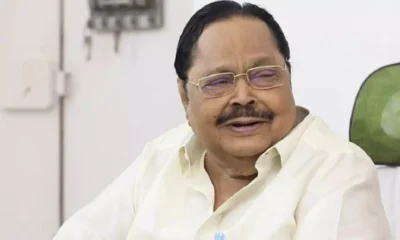The government on Tuesday, May 8, told the Supreme Court that the Union Cabinet has been unable to approve the Cauvery management scheme on river water sharing between four southern riparian states as the leaders, including the Prime Minister, were busy campaigning for Karnataka polls.
This expectedly drew the apex court’s ire and it warned the Centre that it was in “sheer contempt” of its February 16 verdict.
It asked the secretary of the Union Water Resources Ministry to appear before it on May 14 with the draft scheme.
The Union Cabinet had last met on May 2.
The SC verdict had directed the Centre to frame the Cauvery management scheme, which also includes creating the Cauvery Managament Board, within six weeks for smooth release of water from Karnataka to Tamil Nadu, Kerala and Puducherry with a caveat that the deadline cannot be extended.
A bench headed by Chief Justice Dipak Misra, Justice AM Khanwilkar and Justice DY Chandrachud told the Centre that once the judgment has been delivered on the issue, it has to be implemented.
Attorney General KK Venugopal claimed the draft scheme was ready but was not approved by the cabinet since the ministers were busy due to elections in Karnataka. He also urged the court to hear the matter after Karnataka elections are over.
The Tamil Nadu Government alleged that the non-framing of the policy was the blatant violation of the crucial judgement in the Cauvery case.
“You (Centre) are in sheer contempt,” the SC bench headed by Chief Justice Dipak Misra told the Centre.
“We do not want to come back to square one. Once the judgment has been delivered, it has to be implemented,” the bench said.
The bench directed the Secretary of the Union Water Resources Ministry to personally appear before it on May 14 with the draft of the Cauvery management scheme to implement its verdict on water sharing between four riparian states.
At outset, senior advocate Shekhar Naphade, appearing for Tamil Nadu government, said that the state, facing acute water shortage, was not getting its due share. “We are being taken for a ride by the central government … Are we waiting for the votes to be cast on May 12 (in Karnataka polls),” the lawyer asked.
He vehmently opposed Venugopal’s plea that the case be adjourned till May 14 as the Union Cabinet could not meet to approve the draft Cauvery scheme due to campaigning in Karnataka.
“This is the fit case for contempt. Somebody has to be sent to jail,” Naphade said.
Venugopal referred to the sensitive nature of the Cauvery water dispute and said that Tamil Nadu and Karnataka have witnessed violent protests over it in the past. He referred to previous orders including the one which was passed on May 3 and said “the Cabinet was not available on that day and this is why we are seeking six to eight days time till May 14”.
Referring to the violence and deaths that followed the Supreme Court order in the SC/ST case, Venugopal said the presentation of a scheme before the elections can create a law and order problem in Karnataka just before the polls.
Taking exception to the submissions, the counsel for Tamil Nadu said, “Now, the cat is out of the bag.. we will not be getting the water”.
The bench intervened by saying, “We must understand the purpose behind framing the (Cauvery management) scheme. It is for implementation of the order”.
The CJI said court was not keen to let the matter linger and that the Centre cannot abdicate its duty to frame the scheme.
“By now the authority should have framed the scheme. It can’t go on like this. What you have done is sheer contempt.”
“As per the judgment it’s the duty of the authority to implement the decree. The executive authority has to deal with it. How much water problem is being faced by which state, only the authority can decide it. You are under obligation to implement the judgment,” CJI told the Centre
Venugopal assured the court that once the scheme is ready, water shall be released as per the SC judgment and the authority shall ensure the same.
The apex court had on February 16 asked the Centre to formulate a scheme to ensure compliance of its judgement on the decades-old Cauvery dispute. It had modified the Cauvery Water Disputes Tribunal (CWDT) award of 2007 and made it clear that it will not be extending time for this on any ground.
The top court had then raised the 270 tmcft share of Cauvery water for Karnataka by 14.75 tmcft and reduced Tamil Nadu’s share, while compensating it by allowing extraction of 10 tmcft groundwater from the river basin, saying the issue of drinking water has to be placed on a “higher pedestal”.


 India News15 hours ago
India News15 hours ago
 India News14 hours ago
India News14 hours ago
 India News5 hours ago
India News5 hours ago
 Cricket news5 hours ago
Cricket news5 hours ago
 India News4 hours ago
India News4 hours ago
